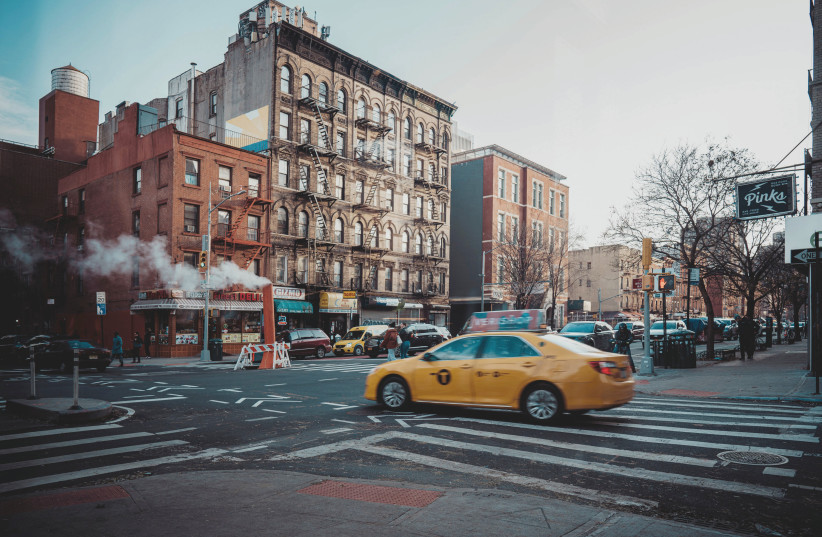COVID-19 infected approximately 103 million Americans, which is close to a third (31%) of the total US population, by the end of 2020, according to a new academic study.
Conducted by researchers from Columbia University Mailman School of Public Health and published in the academic journal Nature, it's the first study to attempt to ascertain the overall burden of the virus in the US in 2020.
For this study, the researchers used a model to simulate the transmission of the novel coronavirus between and within all 3,142 US counties.
With this model, they found that how widespread infections were varied throughout the country. For example, over 60% of the population in the Mississippi valley and the upper Midwest are thought to have contracted COVID-19. By contrast, 52% of Los Angeles residents were thought to have been infected, along with 48% of Chicago, 44% of New York, 42% of Miami and just 27% of Phoenix.
The study also noted variations in when cases peaked, with there being noted seasonal trends in different cities.

By the end of the year, one out of every 130 Americans was thought to have been contagious.
But most notably, the study gives a glimpse into the future, specifically finding ways to study how the COVID-19 landscape has changed since then. On the one hand, vaccines and improved public health measures have been found to help significantly. But on the other hand, there is the possibility of reinfection due to potentially waning antibodies, and the emergence of newer, dangerous and more contagious variants.
However, these findings also come as some health experts in the US are moving toward considering a third COVID-19 vaccine. This follows Israel's lead, the first country to approve the booster.
